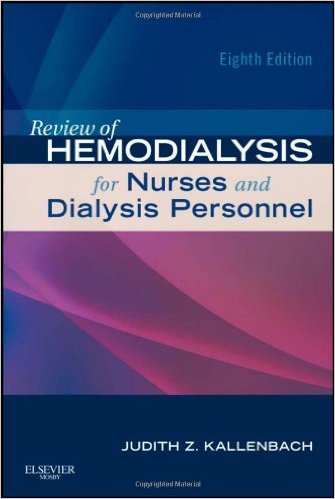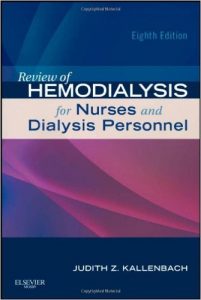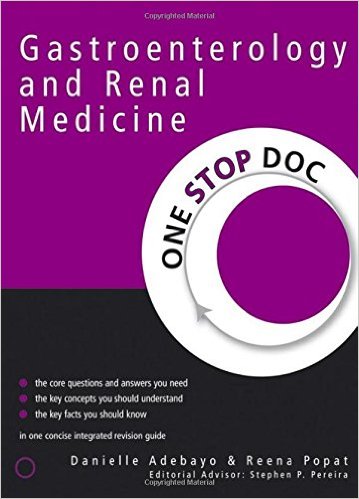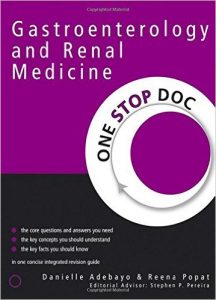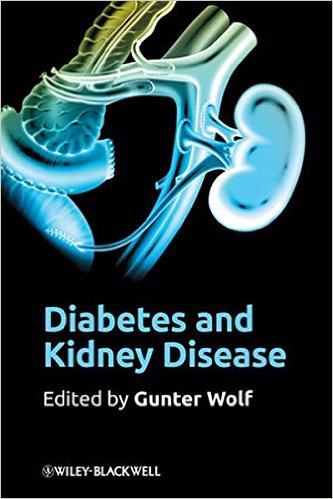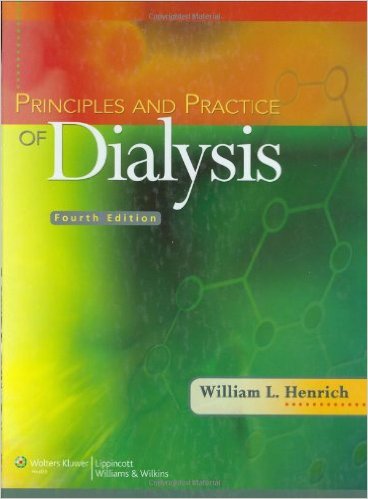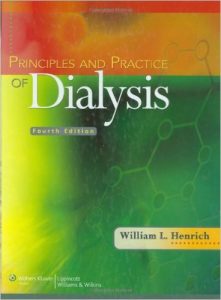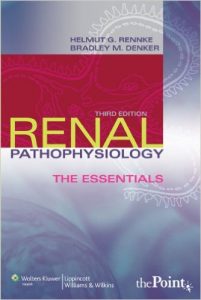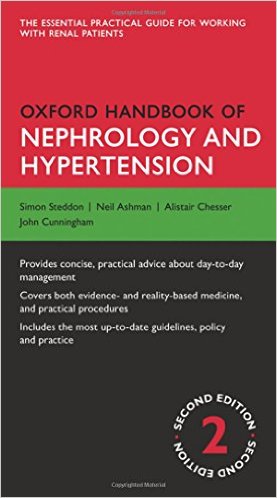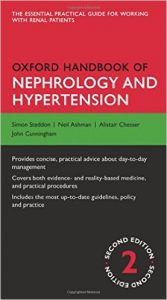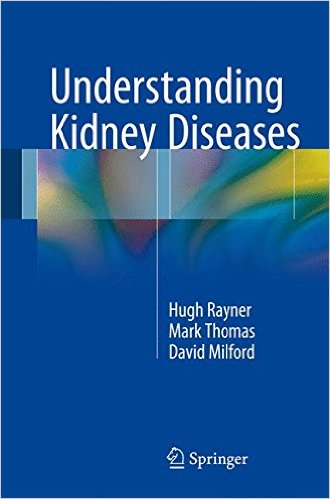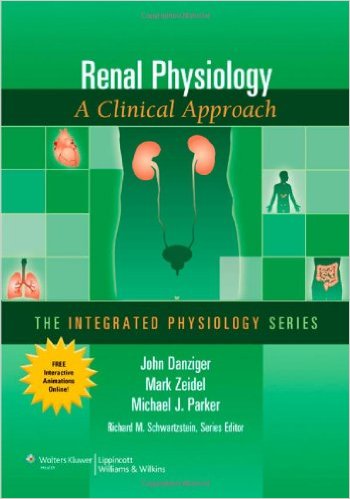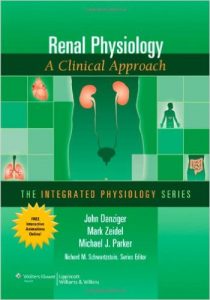Oxford Desk Reference: Nephrology (Oxford Desk Reference Series) 1st Edition
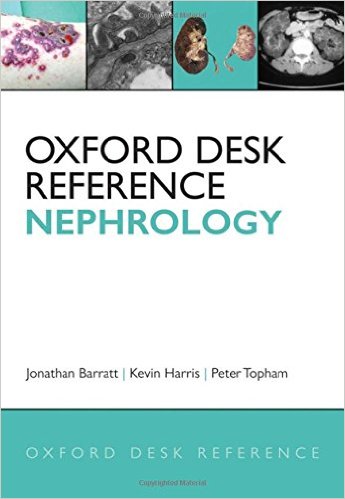
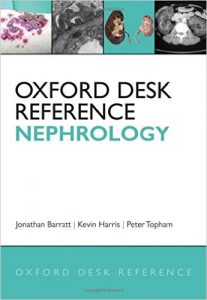
[amazon template=iframe image2&asin=0199229562]
In this era of evidence-based medicine, one of the biggest challenges confronting clinicians is keeping abreast with often rapidly changing recommendations that guide clinical practice. While it is clearly helpful to have research-based guidelines and protocols to draw upon, it is not always easy to access this information particularly at the time when it is needed most, such as on a ward round or in a busy outpatient clinic. These evidence-based guidelines, produced by national organisations (The Renal Association, British Hypertension Society, National Institute for Health and Clinical Excellence) and international organisations (International Society of Nephrology, National Kidney Federation- KDOQI) are often found in a variety of locations and published media and therefore timely access is not always possible.
This desk reference is designed to overcome this problem. The editors have produced a comprehensive summary of nephrology which focuses on aspects of renal disease that are important to the clinician, and have brought together the key recommendations found in current evidence-based guidelines and presented them in a uniform and accessible format. It has been designed and written so that locating information is both quick and simple, and the layout of the chapters allows the reader to identify and assimilate information rapidly.
DOWNLOAD THIS BOOK FREE HERE

